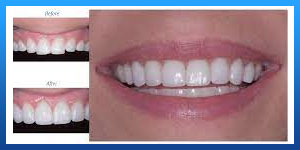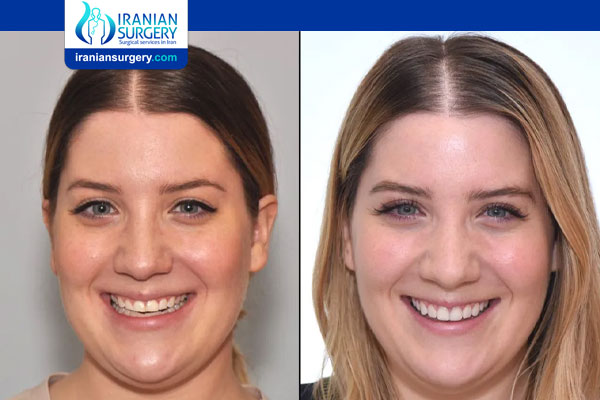Dental Veneers after 10 Years
How to Know When to Replace Your Dental Veneers?
The average lifespan of a dental veneer is about 10 years. With proper care and treatment, that time frame can be lengthened, to up to 20 years, after this time, the veneers would need to be replaced.
If one of the following occurs, you may have to replace your veneers early:
. Your dental veneers are chipped or cracked, or they are simply worn down. Veneers are made of porcelain, and while durable, if you treat them roughly they can wear out or break.
. The tooth supporting the veneer are decayed underneath. Although dental veneers are durable, if your tooth underneath isn’t, the veneer can start to separate from the tooth it is attached to.
. Poor dental hygiene and gum disease cause your veneers to separate from your gums. Veneers require the same amount of care (if not more) as your normal teeth. If you don’t take care of your mouth, your gums could start to decay, creating a gap between your veneers and your gums.

Read more about : Are veneers permanent or removable?
. The wrong size veneers were installed the first time. If the dentist that installs your veneers doesn’t first measure your mouth to ensure a proper fit, they can be quite painful. At Park Avenue Dental we take a custom mold of your mouth to ensure that your veneers are a perfect fit when we install them.
. The veneers were improperly applied. If the dental veneers weren’t installed properly they can fall off, meaning you have to come back in. Proper installation means filing away some enamel from your tooth and applying the veneer with a strong dental bonding agent.
Make sure that you work with a cosmetic dentist that you trust. Having dental veneers applied properly the first time saves you time and money, and ensures that you have a fantastic looking smile the first time.
Read more about : Problem with dental veneers
How to Prolong the Lifetime of Your Veneers
Despite the best efforts of your dentist, if you don’t take care of your teeth, your dental veneers will wear out. Here are some tips to keep your dental veneers looking spectacular longer:
. Don’t use your teeth as tools. If you try to open things with your teeth or bite non-food items, you may end up chipping or cracking your veneer.
. Avoid tobacco products. Tobacco stains your teeth and can yellow your new sparkling white veneers.
. Avoid foods (and drinks) that stain your teeth. Pasta sauce, berries, different curries, soft drinks, wine, coffee and tea can all stain your teeth. Moderation is the key to keeping your smile bright.
. Go to the dentist for regular cleanings and checkups. Not only does going to the dentist for regular professional cleanings keep your teeth in good shape, the dentist can inspect your veneers and ensure that they are still in good condition.
. Floss daily. Dental veneers don’t get you out of flossing your teeth. Flossing keeps your gums in great shape and can protect against gum disease, which would create a gap between your gums and veneers.
. Wear a mouthguard when playing sports and a dental guard at night if you grind your teeth. Wearing a guard can help prevent the erosion of the porcelain in your veneers, and keep them in great shape for longer.
. Use a soft-bristle toothbrush and non-abrasive toothpaste. Even proper dental care, if over-enthusiastic, can wear away your dental veneers over time. Treat your dental veneers gently and they are much more likely to last.
Replacing your Dental Veneers
When your veneers do eventually wear out, they will need to be replaced. In the initial installation, your dentist had to remove enamel from your natural teeth so that the veneer could be attached. The veneer now takes the place of your natural enamel.
Replacing the veneer is a very similar process to the initial installation. Your dentist will file away as much of the old bonding agent and then take a mold of your teeth. The new veneer will then be creating and bonded back to your teeth.
Source:
. https://parkavenuedentalgnv.com/how-to-know-when-to-replace-your-dental-veneers/


